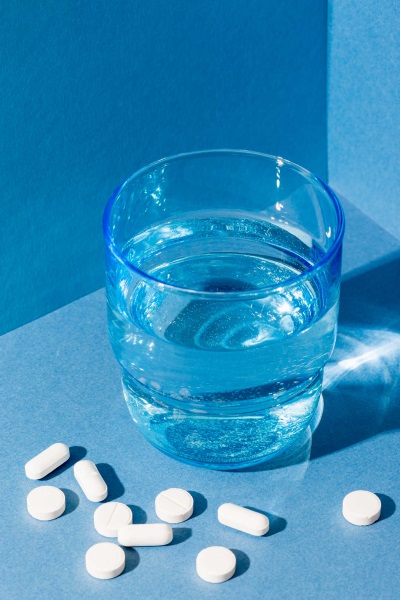Aqueous Solubility
Aqueous solubility is one of the most critical properties of a therapeutic compound. Many metabolic activities do not put adequate efforts if not ensuring compounds are soluble and achieve reasonable exposure. Creative Biolabs offers various solubility assessment services to enhance the prospect for success of a development candidate. We also devote to developing strategies that address the multifaceted solubility issues.
Solubility refers to the phenomenon that solute dissolving in a solvent to give a homogeneous system. A drug needs to dissolve in the systemic circulation and achieves desired concentration to produce a desirable pharmacological response. Low aqueous solubility leads to many potential complications. For instance, in biochemical-based assays and cell-based assays, low solubility may lead compounds precipitate from screening buffer which may create a high risk of erroneous results, costly setbacks, and false leads. In the in vivo studies, even when the drug is absorbed, solubility declines may result in low bioavailability for animals as well. Besides, undissolved compounds always highly bind to plasma proteins, which largely slow down the tissue distribution and even result in drug toxicity.
Measurement of solubility from early drug discovery stage allows early selection and optimization of compounds for improved solubility. With our expertise, we can help you conduct aqueous solubility profiling studies to warn of solubility problems early. We have developed a high throughput solubility assessment platform which integrates automated workstations and nephelometric plate readers. We provide both kinetic solubility assay and equilibrium solubility assay.
 Distributed under Freepik License, from Freepik.
Distributed under Freepik License, from Freepik.
Kinetic Solubility Assay
This method allows rapid determination of solubility and only uses a few samples. Kinetic solubility is investigated by dissolving test compound in DMSO firstly, and then adding to aqueous buffer (pH 7.4) until precipitate forms. Turbidimetry is used as the end-point by measuring UV absorbance at 620 nm. Kinetic solubility assay is most amenable to higher throughput operations by integrating automated workstations and nephelometric plate readers. Creative Biolabs has developed an in-house high throughput platform to calculate the kinetic solubility.
While pre-dissolution in DMSO tends to overestimate solubility compared to “equilibrium solubility” methods, it has many advantages, like the small requirement of compounds, high throughput, time-saving and cost effective.
Thermodynamic Solubility Assay
Thermodynamic (or equilibrium) solubility investigates the solubility of a compound as a saturated solution in equilibrium. The solid crystalline compound is placed in a vial, and the aqueous solution is added to this vial. The vial is then shaken for 24-72 hours at a controlled temperature. The solution is then filtered, and the compound concentration is detected by HPLC-UV or LC/MS.
This method is often considered the “gold standard” in thermodynamic solubility assays owing to the use of solid material and mixing with an aqueous matrix. However, it requires a large amount of compounds as well as time and resource investment.
Improving Solubility
Creative Biolabs provides various techniques for the enhancement of solubility of poorly soluble drugs by particle size reduction, crystal engineering, salt formation, solid dispersion, the use of surfactant, and several other physical and chemical modifications of drugs. Depending on different drugs' properties, we will help you select of an appropriate solubility improving method.
For more detailed information, please feel free to contact us or directly sent us an inquiry.
For Research Use Only.
